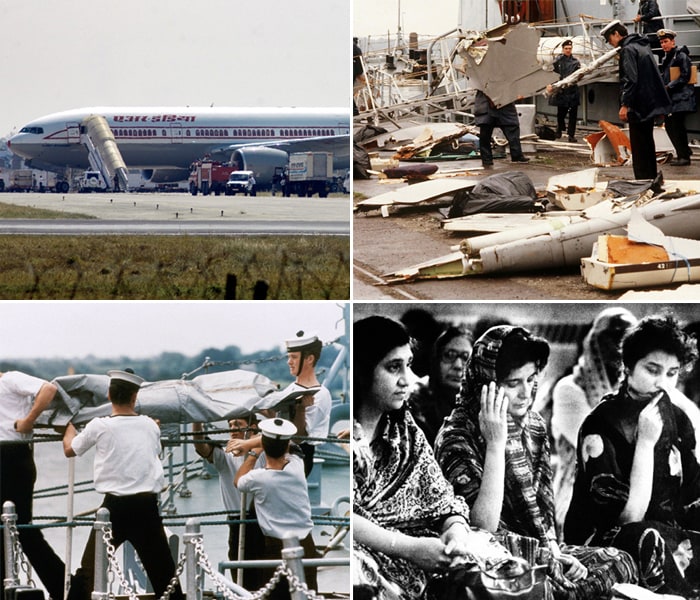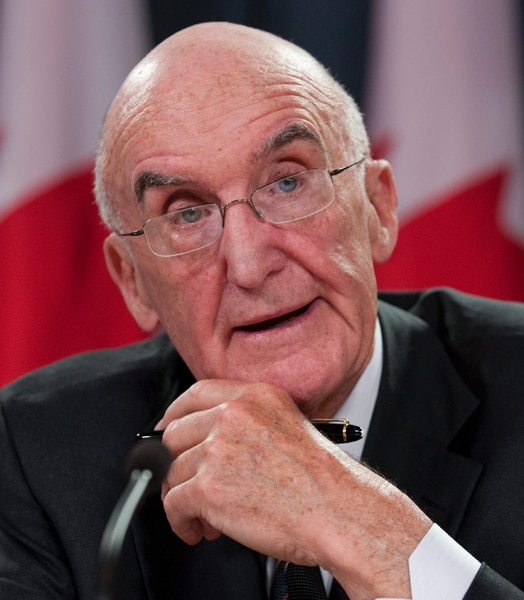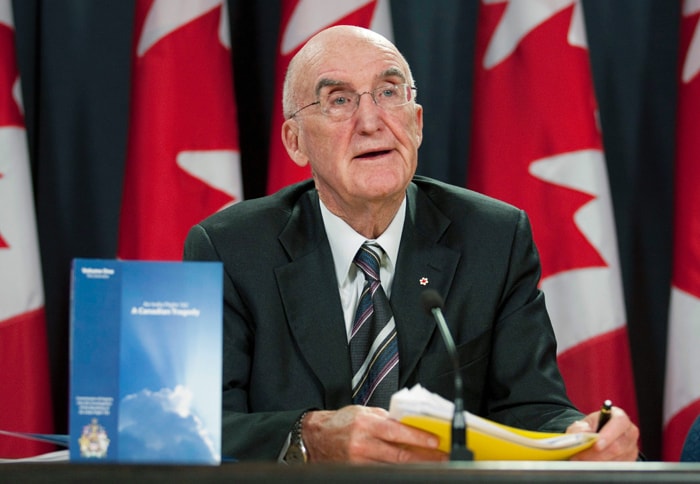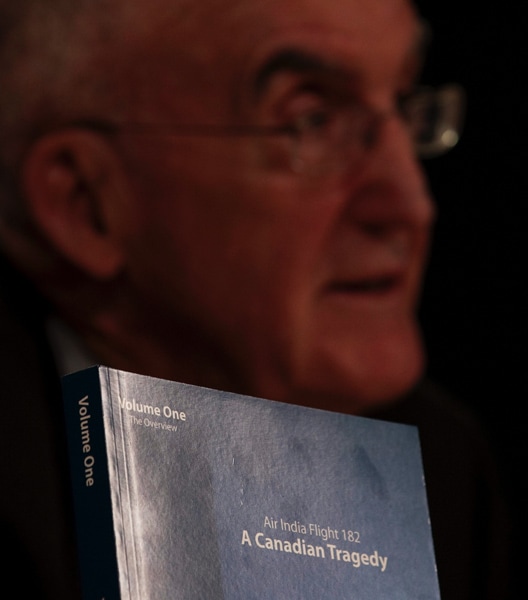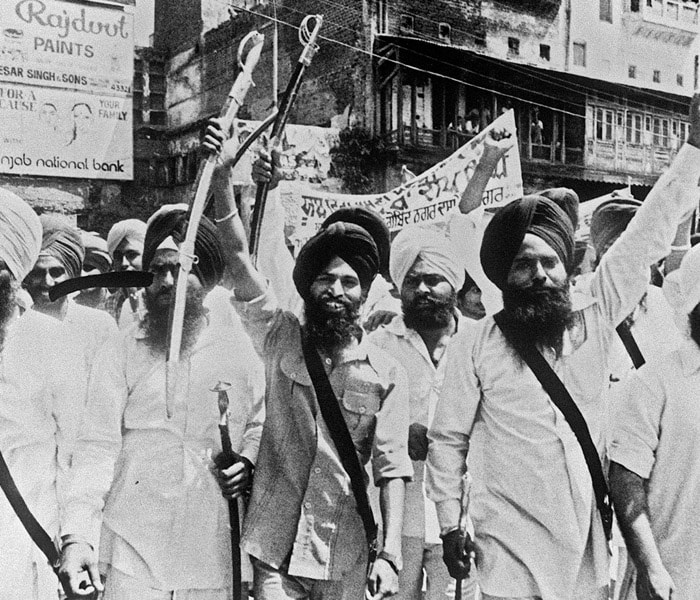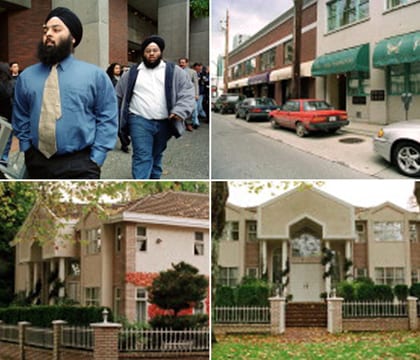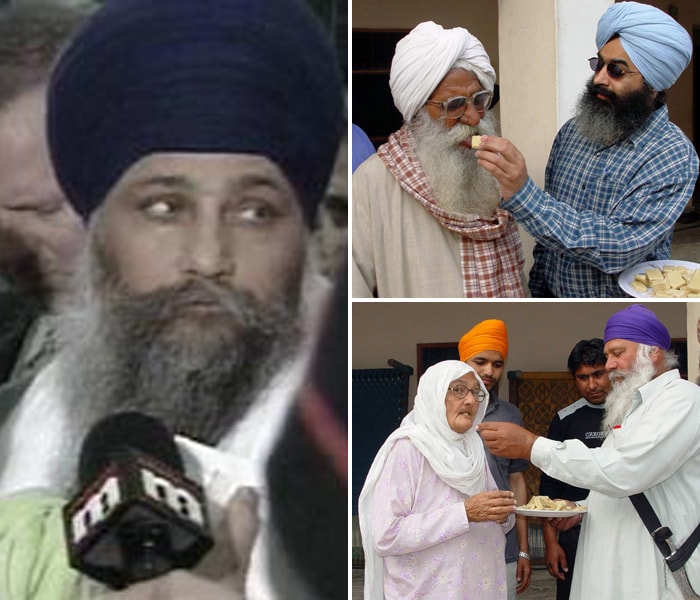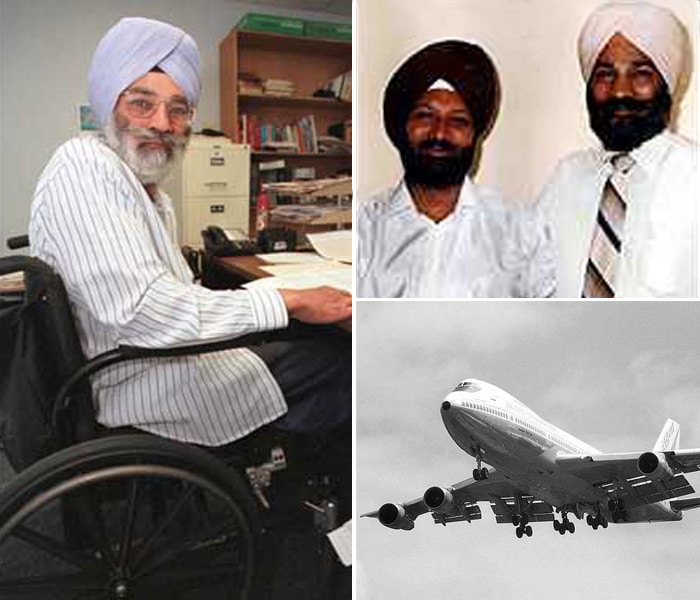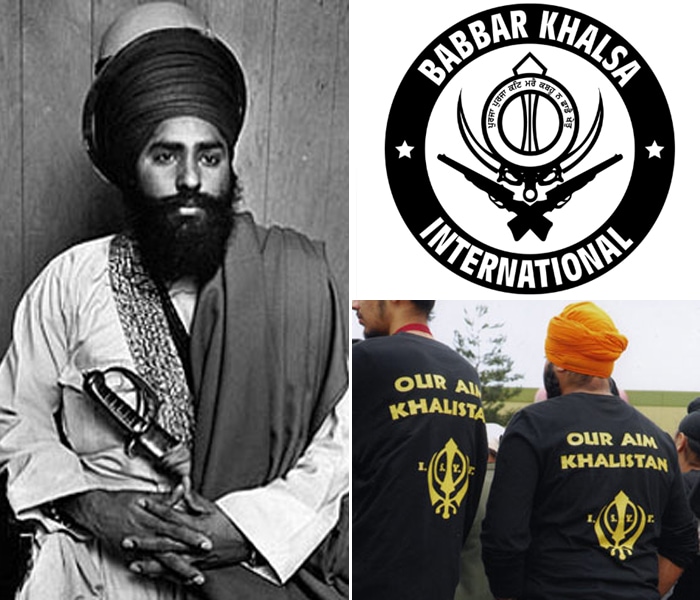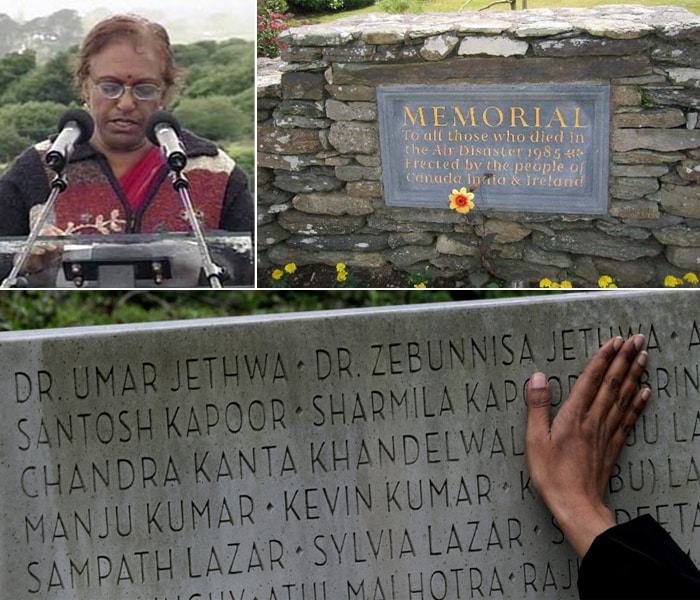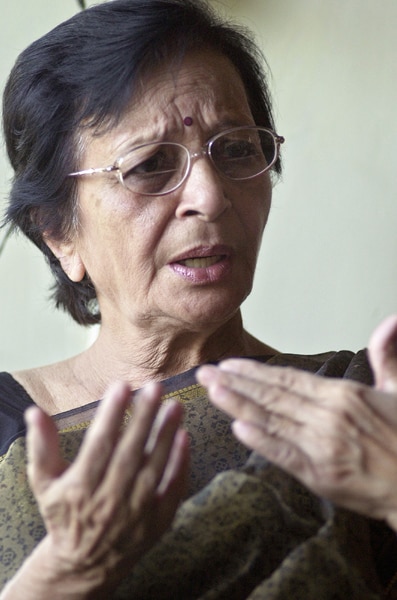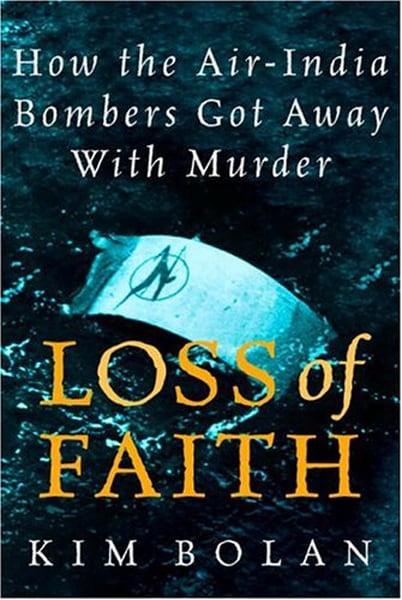25 years later: Revisiting the Kanishka tragedy
Air India Bombing
-
June 23, 2010 marks the 25th anniversary of Air India bombing, the worst act of aviation terrorism in history. The Air India flight 182 was flying over the Atlantic Ocean en route New Delhi from Montreal via London on June 23, 1985 when it exploded in mid-air, killing all 329 people on board, including 22 crew members.
The explosion was caused by a bomb which was detonated in the cargo bay of the plane which consequently crashed it into the sea, 190 km from the coast of Ireland. A separate luggage bomb destined for a second Air India flight killed two Japanese baggage handlers and injured four at Tokyo's Narita airport the same day.
The prolonged investigation and trial of the case which lasted 20 years and cost the Canadian government nearly 130 million Canadian Dollars finally ended in a 10-year sentence for the bomb-maker but the conspirators walked free. -
The Air India attack did not come out of nowhere. There were plenty of warnings. Indian officials had reportedly warned Canadian officials on numerous occasions that Sikh extremists in Canada - men who claimed to be fighting for a separate Sikh homeland- were plotting and sponsoring criminal acts in India.
-
A Canadian public inquiry concluded on June 17,2010 that authorities should have known an Air India flight in 1985 was a likely terrorist target. Former Supreme Court Justice John Major said a cascading series of errors contributed to the failure of Canada's police and security forces to prevent the atrocity.
-
"The level of error, incompetence, and inattention which took place before the flight was sadly mirrored in many ways for many years, in how authorities, governments, and institutions dealt with the aftermath of the murder of so many innocents," Major said in a massive, five-volume report.
-
The attacks were blamed on Sikh militants based in British Columbia who, prosecutors said, sought revenge for a deadly 1984 raid by security forces on the Golden Temple in Amritsar.
Before the bombings, Canadian intelligence officials had apparently learned of the plot by Sikh separatists in Canada and India to launch a terror attack.
"There were individuals in the Sikh community who claimed to have knowledge about the bombing and its perpetrators," said Justice Major. -
Soon after the bombing, media reported details of an alleged plot but it took police about 15 years to charge anyone for the attack.
The only person successfully convicted in the Air India bombing was Inderjit Singh Reyat(L), who pleaded guilty in 2003 to manslaughter after admitting to making the bombs. He was released in 2008 and is out on bail. -
Despite the inquiry report indicting the Canadian government for the 1985 Air India Kanishka bombing and recommending ex-gratia compensation for them, families of the victims were unhappy that the killers will never be brought to justice.
"Today's report only closes a chapter in our lives. There will never be any closure to our tragedy. How can there be a closure for eight couples who lost all their children in the bombing? These old couples are now living in twilight without their lights," said Toronto-based Bal Gupta, who set up the Air India Victims' Families Association soon after losing his wife in the bombing June 23, 1985. -
The families of victims will journey to Cork, Ireland, to attend a solemn ritual that has become an annual event for them; to remember, to grieve, to bear witness to a crime that goes unpunished to this day. People who lost their mothers and fathers, sons and daughters, brothers and sisters, have not only survived but have rebuilt their lives to a large degree.
-
The Air India bombing etched a scar in the minds of the Canadian populace with the prolonged trial adding insult to injury. The release of all the suspects further increased the rage amongst the affected families.
Seen in this picture, Renee Saklikar, who lost her aunt and uncle in the bombing pauses at a memorial honoring the victims of the bombing of Air India Flight 182 at Stanley Park in Vancouver, Canada. -
During the 19-month trial which Supreme Court Justice Ian Josephson heard without jury, prosecutors contended that Ripudaman Singh Malik and Ajaib Singh Bagri, both Indian-born Sikhs from British Columbia, were part of a radical Sikh group based on Canada's west coast. Prosecutors presented evidence, they said, proved that the Sikh group built suitcase bombs on Vancouver Island, bought airplane tickets, then planted the explosives on two flights from Vancouver that connected with Air India planes.
-
The sons of Ripudaman Singh Malik leave the courthouse in Vancouver on October 30, 2000, after Malik was formally charged with eight counts, including first degree murder. Also seen in this picture is the residence of millionaire Sikh power-broker Ripudaman Singh Malik.
-
One of the chief suspects Ajaib Singh Bagri(L), initially faced eight counts including first degree murder and planting bombs on airplanes.
He, along with Ripudaman Singh Malik, the man who allegedly bankrolled the bombings and faced similar charges, was acquitted on all counts.
On the right, Bagri's parents Shanker Singh (top) and Ratan Kaur are offered sweets after the news of Bagri's acquittal. -
It is believed that information of a possible plot of ‘bombing two Air India Boeing 747 planes' was available to Royal Canadian Mounted Police (RCMP) by October 1984 from two independent sources. The plot included two bombings because the conspirators wanted to make sure that at least one airline bombing was successful which is precisely what happened.
-
Testimony from current and former members of the Royal Canadian Mounted Police and the Canadian Security Intelligence Service painted a picture of strained relations between the two agencies in the 1980s, with key wiretap tapes erased, leads left to grow cold, investigators quitting in frustration and crucial witnesses reluctant to cooperate because they feared for their lives.
In this photo, Prime Minister Stephen Harper (Right) talks with the members of the Air India Victims families Association, in his office on Parliament Hill. -
It is believed that throughout the trial, the people who dared to speak up as witnesses and journalists were threatened with death. Key witnesses like Tara Singh Hayer and Tarsem Singh Purewal were killed in England following their willingness to assist in the investigation. Hayer had also survived a deadly attack in 1988 which had paralysed him and left him on a wheelchair.
-
The mastermind of the Air India Kanishka bombing, was arrested in 1991 in Bombay, where he was - so says the police - killed in a police encounter. Babbar Khalsa chief Talwinder Singh Parmar(R), who had by then started his own terrorist outfit, was gunned down.
-
The families of the victims have time and again renewed their demand for justice. In 2005, at the 20th memorial in Ireland, Padmini Turlapati, an Ontario pediatrician who had lost her sons in the disaster, posed the question "Are only we to blame, who put them on the flight?"
-
The victims included mostly Canadians, many of Indian origin. Over 80 vacationing children were also on board when the plane exploded in mid-air. Even after searching the crash-site, only 131 bodies could be recovered from the area.
In this picture, Eddie Madon, who lost his father on Air India Flight 182 speaks at a news conference on 16 March, 2005 in Vancouver. -
Two decades after the tragedy, a book on the Air India Kanishka bombing by a Canadian journalist, Kim Bolan was shortlisted for one of the highest literary prizes in Canada. The book details the denial of justice to the people who were killed in the biggest pre-9/11 air attack which the world had faced.

